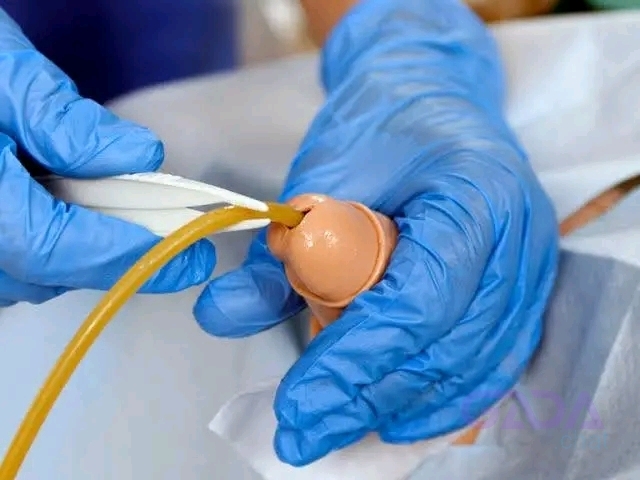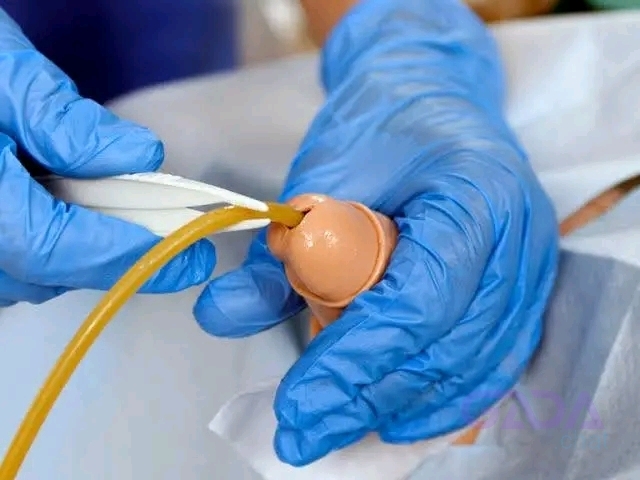Professor Francis Abiola Irele (May 22, 1936 – July 2, 2017) was a distinguished Nigerian scholar whose extensive work in political science, literary criticism, and African cultural studies earned him the reputation as the doyen of Africanist literary scholars worldwide .
Born in Ora, present-day Edo State, he learned Igbo and Yoruba before formally studying English and French. He graduated from the University of Ibadan in 1960 and earned a PhD in French literature from the University of Paris–Sorbonne in 1966 .
Professor Irele taught at the University of Lagos, University of Ghana, Obafemi Awolowo University, and University of Ibadan, before moving to the United States in 1989 as Professor of African, French, and Comparative Literature at Ohio State University. He later served as Visiting Professor of African and African American Studies and Romance Languages at Harvard University .
He was appointed Provost of the College of Humanities at Kwara State University, Ilorin, helping shape its academic direction .
A masterful interpreter of the Négritude literary movement, Irele's essay “What Is Négritude?” and his 2008 collection Négritude et condition africaine explored African identity and intellectual autonomy, positioning him as a key theorist on the subject .
His major publications, The African Imagination: Literature in Africa and the Black Diaspora (2001) and The African Experience in Literature and Ideology (1990), have been widely praised for their nuanced readings of African and diaspora cultural expression . He also co-edited The Cambridge History of African and Caribbean Literature (2004).
Throughout his career, Irele served on editorial boards for Black Orpheus, Research in African Literatures, and Transition, contributing significantly to the development of critical African literary discourse .
He received prestigious recognitions—including the Nigerian National Order of Merit (NNOM) and Fellowship of the Nigerian Academy of Letters (FNAL)—in acknowledgment of his role as a preeminent scholar in African and postcolonial studies .
Francis Abiola Irele passed away on July 2, 2017, in Cambridge, Massachusetts. Tributes poured in from institutions like Harvard and Princeton, describing him as “a walking archive,” “a humanist with youthful energy and seasoned wisdom,” and “a major voice for African studies” .
He is remembered not only as a towering intellect and mentor but also as a cosmopolitan pioneer who bridged Anglophone and Francophone African literary traditions and championed cultural unity through scholarly rigor.
Professor Francis Abiola Irele (May 22, 1936 – July 2, 2017) was a distinguished Nigerian scholar whose extensive work in political science, literary criticism, and African cultural studies earned him the reputation as the doyen of Africanist literary scholars worldwide .
Born in Ora, present-day Edo State, he learned Igbo and Yoruba before formally studying English and French. He graduated from the University of Ibadan in 1960 and earned a PhD in French literature from the University of Paris–Sorbonne in 1966 .
Professor Irele taught at the University of Lagos, University of Ghana, Obafemi Awolowo University, and University of Ibadan, before moving to the United States in 1989 as Professor of African, French, and Comparative Literature at Ohio State University. He later served as Visiting Professor of African and African American Studies and Romance Languages at Harvard University .
He was appointed Provost of the College of Humanities at Kwara State University, Ilorin, helping shape its academic direction .
A masterful interpreter of the Négritude literary movement, Irele's essay “What Is Négritude?” and his 2008 collection Négritude et condition africaine explored African identity and intellectual autonomy, positioning him as a key theorist on the subject .
His major publications, The African Imagination: Literature in Africa and the Black Diaspora (2001) and The African Experience in Literature and Ideology (1990), have been widely praised for their nuanced readings of African and diaspora cultural expression . He also co-edited The Cambridge History of African and Caribbean Literature (2004).
Throughout his career, Irele served on editorial boards for Black Orpheus, Research in African Literatures, and Transition, contributing significantly to the development of critical African literary discourse .
He received prestigious recognitions—including the Nigerian National Order of Merit (NNOM) and Fellowship of the Nigerian Academy of Letters (FNAL)—in acknowledgment of his role as a preeminent scholar in African and postcolonial studies .
Francis Abiola Irele passed away on July 2, 2017, in Cambridge, Massachusetts. Tributes poured in from institutions like Harvard and Princeton, describing him as “a walking archive,” “a humanist with youthful energy and seasoned wisdom,” and “a major voice for African studies” .
He is remembered not only as a towering intellect and mentor but also as a cosmopolitan pioneer who bridged Anglophone and Francophone African literary traditions and championed cultural unity through scholarly rigor.












